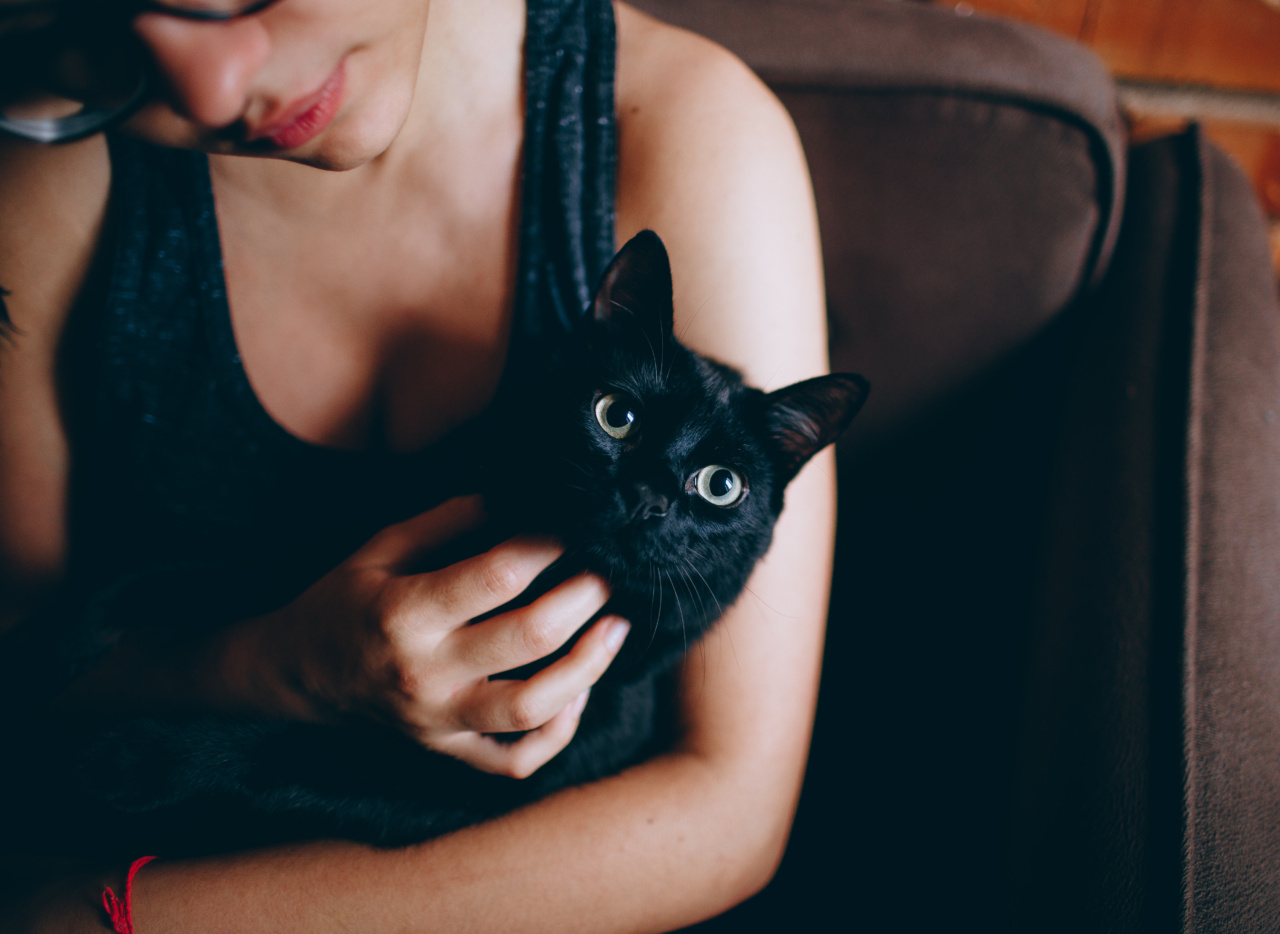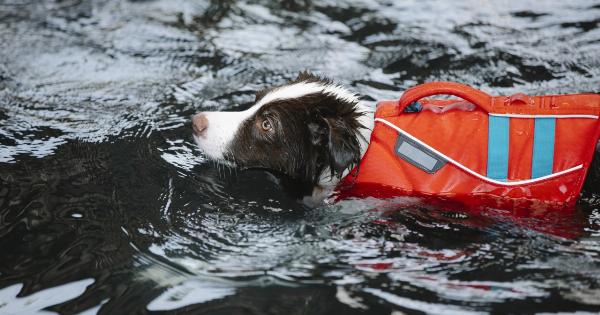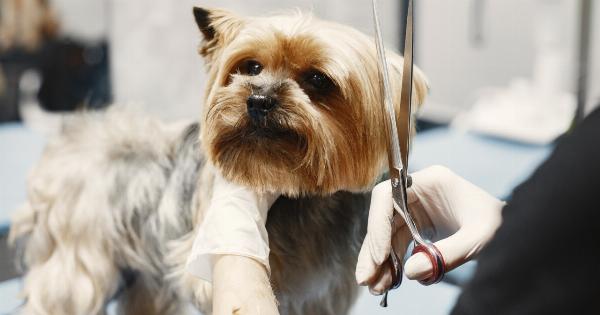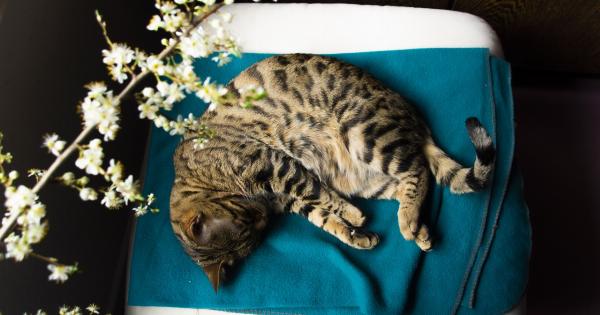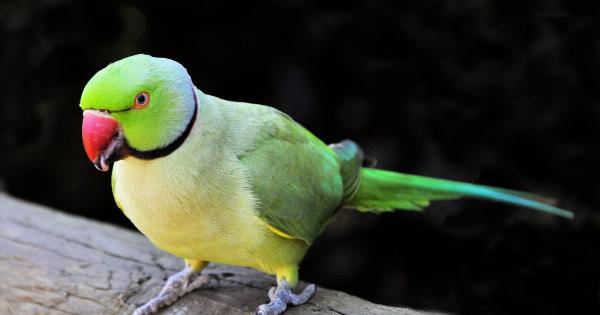As cat lovers, we are often enamored by their cute antics and cuddly demeanor. However, there is a hidden danger lurking in our feline friends that many cat owners may not be aware of – a parasite called Toxoplasma gondii.
This microscopic organism can cause a disease known as toxoplasmosis, which is on the rise and poses risks to humans. In this article, we will explore the dangers of toxoplasmosis, how it affects both cats and humans, and what cat lovers can do to protect themselves and their pets.
What is Toxoplasmosis?
Toxoplasmosis is an infection caused by the Toxoplasma gondii parasite. This parasite can infect a wide range of warm-blooded animals, including cats.
Cats are the primary hosts and can shed millions of infectious cysts in their feces, which can contaminate the environment they live in.
Humans can become infected with Toxoplasma gondii through various routes, including:.
- Ingesting undercooked or raw meat infected with the parasite
- Consuming unwashed fruits and vegetables contaminated with cat feces
- Direct contact with cat feces, including handling litter boxes
- Drinking contaminated water
- Transmission from mother to unborn child during pregnancy
The Dangers of Toxoplasmosis
While most healthy individuals may not experience any symptoms or only have mild flu-like symptoms, toxoplasmosis can be particularly dangerous for certain individuals, including:.
- Pregnant women: Toxoplasmosis can harm the developing fetus and lead to serious complications, including miscarriage, stillbirth, or birth defects.
- Individuals with weakened immune systems: People with weakened immune systems, such as those with HIV/AIDS or undergoing chemotherapy, are at a higher risk of severe toxoplasmosis. It can cause encephalitis, seizures, and other severe neurological problems.
Even in healthy individuals, an undetected infection can have long-term consequences.
Recent studies have suggested a potential link between Toxoplasma gondii and certain psychiatric disorders, including an increased risk of developing schizophrenia and bipolar disorder.
Protecting Yourself and Your Cat
As a cat lover, it’s important to take precautions to minimize the risk of toxoplasmosis. Here are some steps you can take:.
1. Practice Good Hygiene
Wash your hands thoroughly with soap and water after handling cat litter, soil, or raw meat. This simple habit can significantly reduce the chances of contracting the parasite.
2. Avoid Undercooked Meat
Cook all meat thoroughly to kill any potential parasites. This includes both store-bought meat and wild game.
3. Wear Gloves
If you’re gardening or working with soil, wear gloves to minimize the risk of exposure to cat feces that may be present in the soil.
4. Keep Cats Indoors
Indoor cats are less likely to be exposed to the Toxoplasma gondii parasite than outdoor cats. By keeping your cat indoors, you can reduce their chances of contracting the infection and potentially spreading it to you.
5. Use Proper Cat Litter Handling Techniques
When cleaning your cat’s litter box, use gloves and scoop the litter daily. Avoid disposing of cat feces in the garden or any area where it could contaminate the soil.
6. Don’t Adopt Stray or Wild Cats
Avoid bringing stray or wild cats into your home, as they are more likely to be infected with Toxoplasma gondii. If you do choose to adopt a stray cat, have them tested by a veterinarian for the presence of the parasite.
7. Pregnant Women Should Take Extra Precautions
Pregnant women should delegate litter box duties to someone else to avoid direct contact with cat feces. If this is not possible, wear gloves and wash hands thoroughly after cleaning the litter box.
It’s also important for pregnant women to avoid handling raw meat and to wash fruits and vegetables thoroughly.
Raising Awareness
Despite the potential risks, many cat owners are unaware of toxoplasmosis and the necessary precautions. Raising awareness about this infection and its impact on both human and feline health is crucial.
Responsible pet ownership includes educating oneself and others about potential risks and taking appropriate measures to protect oneself and the beloved four-legged companions we care for.
In Conclusion
Toxoplasmosis is a growing concern that cat lovers should be aware of. By practicing good hygiene, taking precautions, and raising awareness about the risks, we can protect ourselves and our feline friends from this potentially harmful parasite.
Remember, being a responsible cat lover means taking care of both your cat’s well-being and your own.
